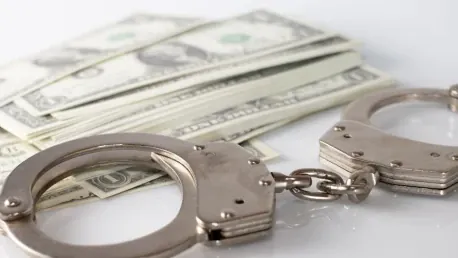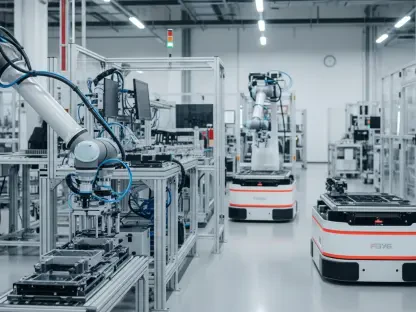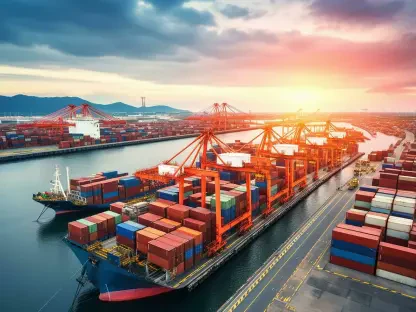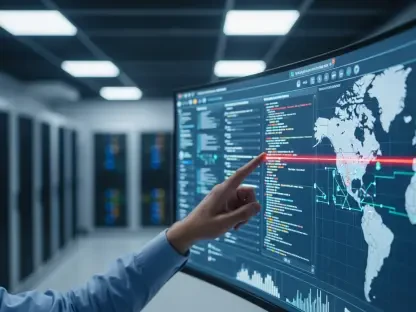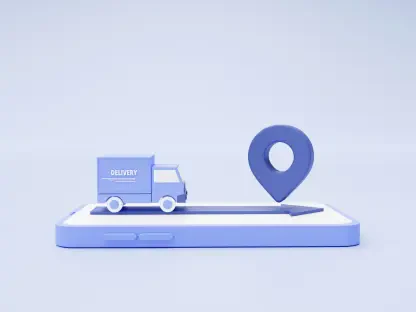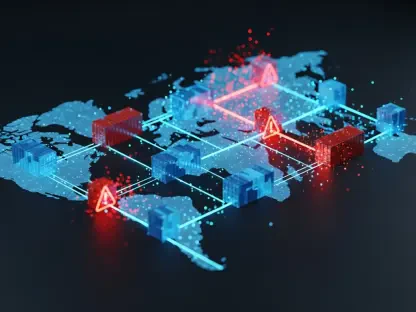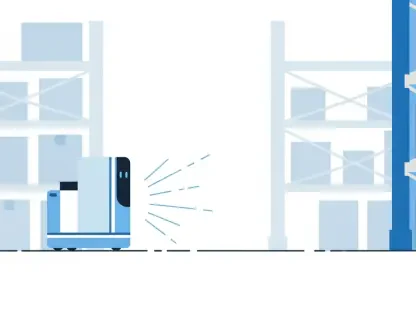The ongoing investigation into allegations of bribery within Transnet Freight Rail (TFR), a state-owned logistics company in South Africa, has revealed disturbing details. Allegedly, a general manager in charge of safety and security solicited bribes totaling R30 million from six potential contractors, with the dubious promise of awarding them lucrative contracts collectively worth R6.7 billion. These contracts were meant to secure and maintain various sections of the country’s critical railway corridors, an essential part of South Africa’s transportation infrastructure. Transnet has confirmed the existence of the investigation, which is being led by an independent party and is expected to conclude by mid-November. The company has emphasized its commitment to ethical conduct, transparency, and accountability as it navigates these troubling allegations.
Economic Context and Broader Implications
Beyond the concerns at TFR, recent developments in international trade and the economy highlight the essential need for ethical governance. The European Union has become the largest importer of local exports, taking in 83,000 tonnes each year. Escalating international oil prices, fueled by the ongoing conflict between Israel and Iran, add further complexity to the global economic scene. Also noteworthy, Liberia became the world’s largest ship registry by deadweight tonnage in 2022. On another front, vehicle exports have plummeted by 23.1% in the first ten months compared to the previous year.
This investigation and its related issues emphasize the widespread worry over corruption in public contracts and underscore the vital importance of ethical governance. The findings also illustrate the complex web of global trade and economic policies, influenced by broader geopolitical factors. As the probe continues, the priority remains on holding the responsible parties accountable and bolstering systems to prevent future instances of corruption.
